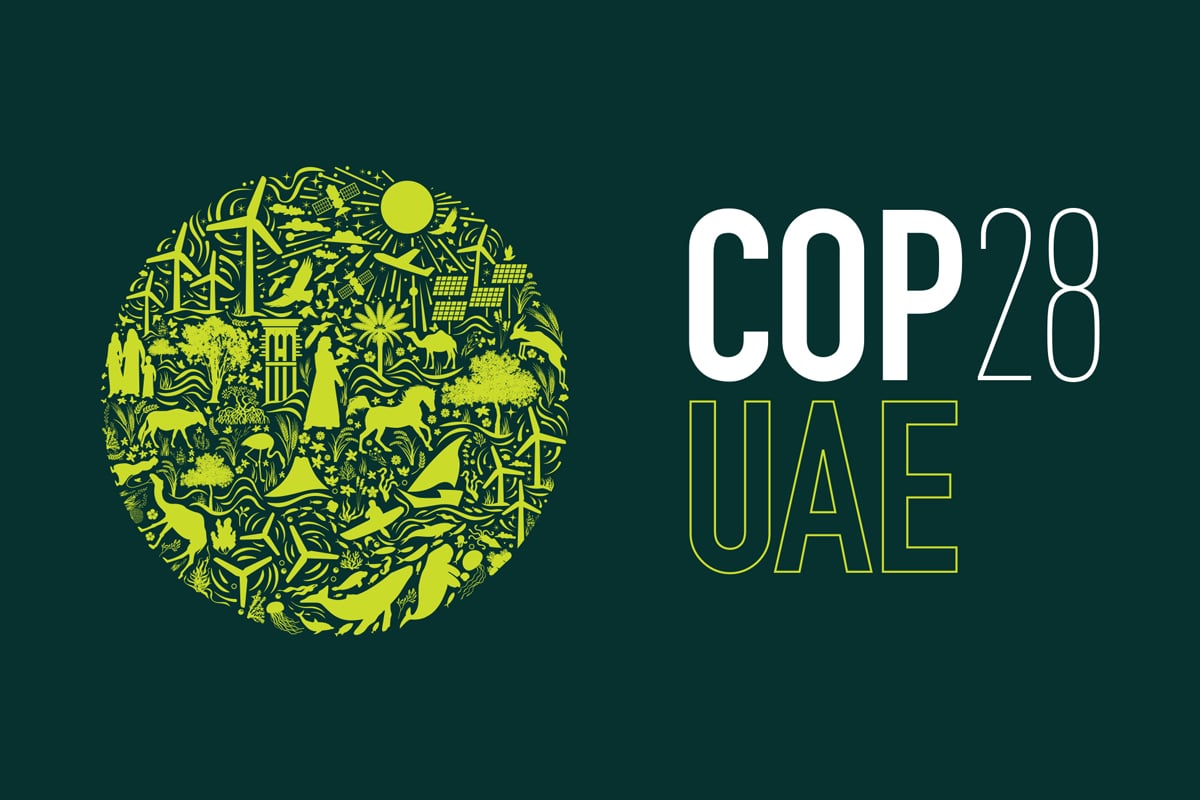As the 2023 United Nations Climate Change Conference (COP28) approaches, the spotlight is on innovative solutions for the escalating climate crisis. This year, soaring temperatures and extreme weather events have highlighted the urgency of climate action. A critical focus is on agrifood systems, which, while contributing to a significant portion of greenhouse gas emissions, also hold tremendous potential for positive climate action.
Key Takeaways
- Agrifood Systems’ Dual Role: Agrifood systems are both a significant source of greenhouse gas emissions and a potential solution for climate action through sustainable practices.
- COP28 Focus: The conference will prioritize collaborative solutions in the agrifood sector, with the Food and Agriculture Organization (FAO) playing a leading role.
- Finance and Support: Increasing climate finance is crucial for transforming agrifood systems to reduce emissions and enhance resilience.
- Loss and Damage Fund: Discussions will continue operationalizing the Loss and Damage Fund, which was established to support countries most affected by climate change.
- Global Stocktake: A vital part of the Paris Agreement, the global stocktake will assess global response to climate change and highlight the need for transformation in agrifood systems.
Agrifood Systems at the Heart of Climate Solutions
Agrifood systems are vital in addressing climate change. They offer multiple benefits, including adaptation, resilience, and emissions mitigation while ensuring food security. Sustainable practices like agroforestry, soil restoration, and sustainable livestock and fisheries management can simultaneously support biodiversity and food security.
COP28: A Platform for Action
COP28 is a critical platform for governments, businesses, NGOs, and civil society to develop tangible solutions. The FAO will showcase innovative agrifood initiatives, emphasizing this sector’s need for climate finance. The conference will also include discussions on the Sharm el-Sheikh joint work on climate action in agriculture and food security, integrating these issues into the core of climate negotiations.
Financial Challenges and Opportunities
A significant increase in finance is essential for reducing the sector’s vulnerability and emissions. COP28 will explore financing opportunities, emphasizing the need for increased investment in agrifood solutions.
Addressing Loss and Damage
A key topic at COP28 is the operationalization of the Loss and Damage Fund, which was established at COP27. This fund aims to assist countries disproportionately affected by climate change. The FAO will present a report on how agrifood systems are at the frontlines of climate-induced loss and damage.
The Global Stocktake and Agrifood Systems
The global stocktake, a part of the Paris Agreement, is a critical mechanism for assessing the world’s response to climate change. This year’s stocktake will highlight the importance of transforming agrifood systems to solve the climate crisis.
The Path Forward
FAO is developing solutions through various initiatives and partnerships, focusing on sustainable land management, agroforestry, and energy-smart agriculture. These efforts aim to improve food security, build resilience, and reduce emissions.
A Future of Hope and Action
Despite challenges, there are reasons for optimism. There’s a growing understanding of climate change’s impact on development and the integration of climate action into broader agendas. However, the current shortfall in financing agrifood system solutions remains a concern.
COP28 is not just about negotiations; it’s a call to action for transforming agrifood systems. With the proper support and investment, these systems can play a pivotal role in mitigating climate change while ensuring food security and sustainability. The conference is a unique opportunity to advance these goals and shape a resilient, sustainable future.
Image provided by the U.S. Department of State



3 Comments